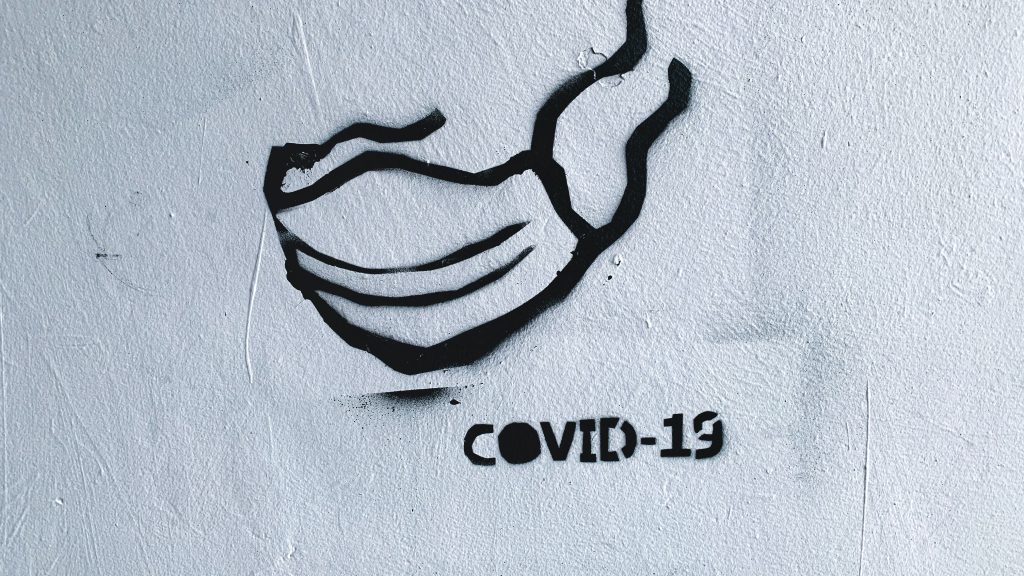A recent study from The City College of New York’s CUNY Dominican Studies Institute and the CUNY School of Medicine at CCNY indicates U.S.-born Dominicans and Dominican immigrants in the U.S. are highly likely to comply with public health recommendations related to the pandemic.
Some Key Findings
VACCINATION RATES:
- 77% of those interviewed reported they had been vaccinated at the time of the survey
- Only 4.2% of respondents reported that they did not plan to vaccinate
MASK WEARING:
- 79% of Dominicans reported that they “always or almost always” wore a mask in indoor public settings at the height of the first wave of the pandemic
MENTAL HEALTH:
- 52% of Dominicans interviewed said they felt nervous, anxious or on edge the week before the interview.
- Rhode Island had the largest proportion of respondents who said that they were worrying almost every day the week prior to the survey (42.05%).
Overall, the study found that most Dominicans have positive attitudes toward the immunization process and Covid-19 safety measures as well as respect toward the recommendations issued by the Centers for Disease Control and Prevention, reported NBC News.
For this study, surveys were administered online and via telephone by a specialized company across seven states including Massachusetts, Rhode Island, and Connecticut—between October 5, 2021, and November 11, 2021. These states were selected because the majority (85%) of Dominicans living in the U.S. reside in them. The purpose of the study was to gather knowledge on COVID-19 as it relates to Dominican people in terms of infection incidences, ease of getting a vaccine, the motivation behind getting a vaccine, vaccination preference, mask-wearing, stress during the pandemic, and how Dominicans find information on COVID-19.
Since the start of the pandemic, researchers have highlighted racial and ethnic disparities and injustices related to the pandemic. Research has demonstrated that people of color experience higher COVID-19 related fatality and death rates than their white counterparts. Despite the substantial data on these race/ethnicity patterns, there has been little research into how COVID-19 has affected the Latino/a/x population in a disaggregated way, or by Latino/a/x subgroups. The Latino/a/x population is not homogeneous and this matters because it informs behavior in society.
“Despite their substantial heterogeneity, Latina/o/x populations living in the U.S. are frequently treated as a single group in health research. The needs of these populations cannot be addressed if adequate data does not exist to inform policy decisions. This study gives an important voice to people of Dominican descent in the U.S. regarding COVID-19,” said Dr. Nancy Sohler, Associate Professor of Epidemiology in the CUNY School of Medicine.
Dominicans are the fourth-largest Hispanic group in the U.S., growing by 33 percent in the last decade, according to a report by the Migration Policy Institute.
Cover Photo by Adam Nieścioruk on Unsplash
Publisher’s Note: This article is an aggregate from CCNY Study Finds U.S.-Born Dominicans And Dominican Immigrants Highly Likely To Comply With COVID-19 Public Health Recommendations and Among Dominican Americans, a high response to Covid-19 measures.




